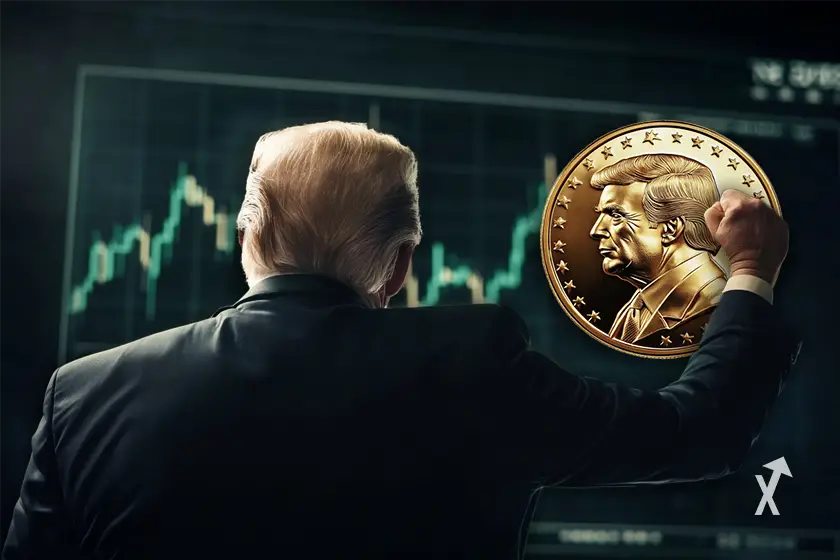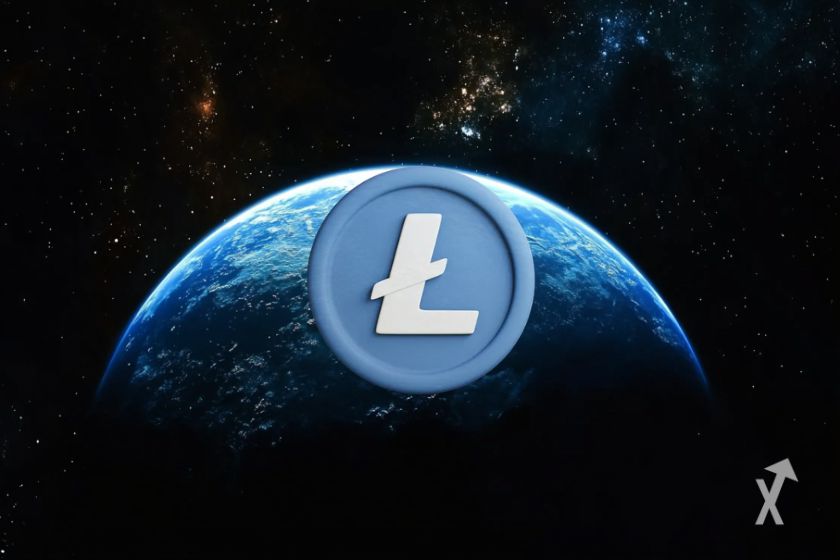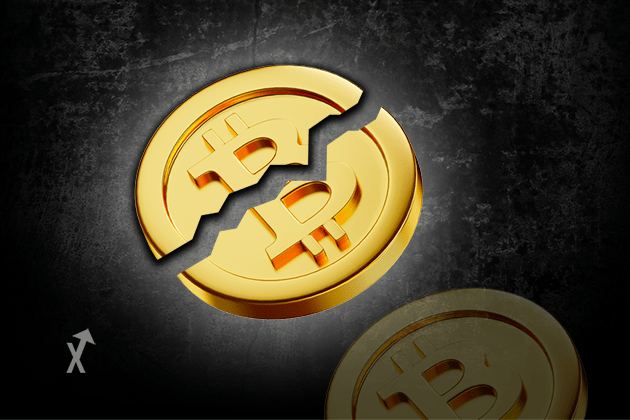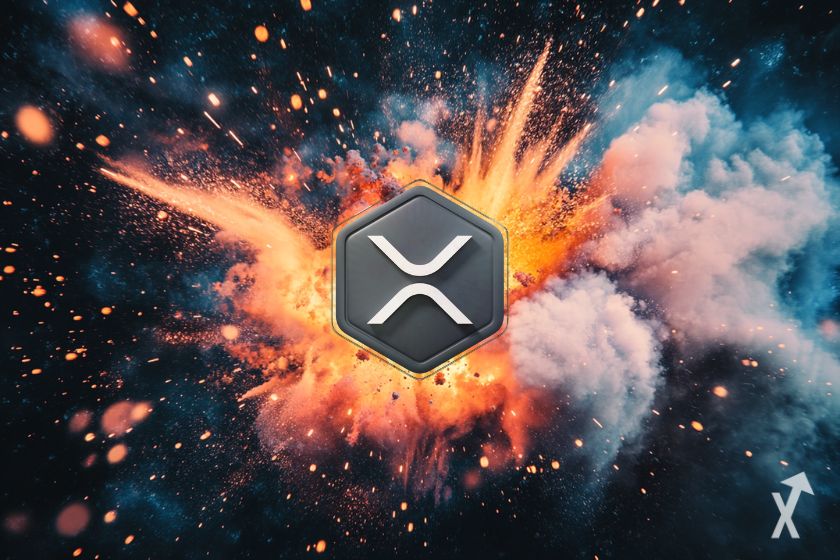The key to understanding the smart contract
Smart contracts are one of the most interesting blockchain innovations because they involve a technological revolution that impacts our daily lives and many economic sectors. Multiple crypto-currency projects exploit this projects exploit this protocol such as the smart contract blockchain or Ethereum.
To assimilate the full potential of smart contracts, let’s briefly review the functions of the classic contract, most often in the form of legal documents written on paper.
Difference between Classic Contract and Smart Contract
Since its origin, the classic contract aims to formalize and draft an agreement between two or more parties. It thus makes it possible to protect the signatories formalizing the commitments and it includes provisions for sanctions in the event of non-compliance.
Le contrat intelligent est donc une évolution numérique des contrats traditionnels.
The word contract comes from the Latin contrahere which means “the action that binds“.
Smart contract definition : what is it exactly ?
A smart contract is a protocol that takes the form of a computer program that automatically runs in a blockchain when conditions are met.
They are programmed directly within a dedicated blockchain (Ethereum, Solana, …) following basic instructions such as: if/when, then….
In summary, a smart contract is identical to a traditional contract between two or more people, but it uses computer code to automatically supervise and secure whether commitments are respected.
The history of the smart contract
Nick Szabo is considered the inventor of the smart contract. This talented computer scientist and cryptographer was part of the mysterious club of activists who participated in the development of Bitcoin : the cypherpunks.
He first presented the project in an article published in 1996 entitled:
“Smart Contracts: Building Blocks for Digital Markets”.
In this text, he describes smart contracts as “computerized transaction protocols that carry out the terms of a contract”.
He develops the idea of an IT contract that automates the entire process with the blockchain rather than having it signed by each protagonist. These advantages linked to decentralization make it one of the remarkable innovations in decentralized finance and the crypto universe in general.
Nick Szabo, the inventor of the concept of smart contact, considers that its symbolic ancestor is the Coca-Cola vending machine.
This new dematerialized tool is considered an ideal solution to facilitate, verify and enforce transactions (like a cryptocurrency) without resorting to a third party like a bank.
How does a smart contract work ?
The programming of smart contracts is possible thanks to the different blockchain technologies and they are already implemented in many cryptocurrency projects.
Close-up on blockchain technology
A blockchain is a digital ledger that allows the storage and secure transmission of data. It is made up of blocks that contain information and are linked together by cryptographic processes.
The power of blockchains lies in their completely decentralized operation, which means that no authority has control over them. It operates millions of computers around the world that run software to validate transactions and add new blocks to the chain.
Each block has a unique identifier called a hash that links it to an earlier block of the chain, hence the term blockchain.
Smart contracts are executed on the blockchain, which means they execute exactly as programmed, without any interference. This makes it a great tool for exchanging money and assets.
The benefits of smart contracts
The difference between a smart contract and a regular contract is the automation of smart contracts, i.e. they are self-executing, with specific instructions embedded in the code for the conditions that must be met in order for them to be fulfilled. come into force.
This makes it possible to rule out human errors during the management of a contract and to secure its execution by removing human intervention in the execution process.
In simple terms, a smart contract will determine and execute all the tasks listed in its code when the conditions are met. Its system will follow the recorded instructions and its activity will register in the chain of blocks on which it was designed.
It runs automatically when certain conditions are met. Once the code is activated, it is practically impossible to cancel or modify it.
The characteristics and advantages of smart contracts
- Security. Smart contracts only execute the actions coded in its program. Its execution is encrypted and recorded in the transaction history log represented by the blockchain.
- Autonomous. Automation of all kinds of tasks, working as a self-executing program. If a smart contract is not triggered, it will remain inactive. Before being deployed, smart contracts can be coded in different ways. They can be used to create many kinds of decentralized applications (dApps).
- Immutable. They cannot be modified after they are deployed. Thus, smart contracts can provide tamper-proof code.
- Transparent. Two or more parties can interact via smart contracts without knowing or trusting each other. Their existence is registered in the register and everyone can consult it on the dedicated websites.
- Economy. Smart contracts avoid the use of paper and eliminate many costs related to human management.
Smarts Contracts in our daily lives
Decentralized and self-executing, smart contracts offer increased transparency and reduce operational costs for companies. They can increase efficiency and reduce administrative expenses by providing security and confidence in transaction dynamics.
Examples of Smart Contract Technologies
Smart contracts can be designed for a wide variety of use cases such as :
- The creation of tokenized assets (nft, tokens, etc.)
- Voting systems
- Games and mobile applications
- Cryptocurrency Wallets
- Decentralized Exchanges
They can also be deployed as dedicated blockchain solutions for healthcare, charities, supply chain, governance, and decentralized finance.
The relationship between smart contract and NFT
Among its very trendy use are works of art sold in the form of NFTs.
NFT assets are also a digital contract protocol that is programmed on the Ethereum Blockchain, because it is what allows a token to be created to authenticate the value of the work and its identification on the blockchain.
Opensea is one of the well-known platforms for buying and selling digital works in the form of NFTs secured by smart contract technology.
Ethereum smart contract and ERC-20 tokens
Tokens issued on the Ethereum blockchain follow a standard known as ERC-20. Many companies and startups have implemented smart contracts to issue their digital tokens on the Ethereum network.
The use of smart contracts has made it possible to exchange funds and distribute tokens reliably and efficiently.
The future of smart contracts
There is no doubt that smart contracts are an important revolution in the world of cryptocurrencies, and that they will modify the blockchain ecosystem.
The intellectual power that is put at the service of the development of this technology will be decisive for the continuation of the blockchain revolution.
Ethereum has provided a foundational layer on which people can build and deploy new applications. The various blockchains that allow the deployment of the smart contract such as the Solana blockchain will allow an ecosystem of powerful applications built through the awesome Ethereum protocol.
This is also the case with blockchains such as Cardano (ADA), which are developing around smart contracts.
Eventually, the development of this revolution will lead to global changes in our management of financial services, digital assets and commodities, to verify identity documents online or to compete in the blockchain-based sharing economy with probable alternatives to Gafas.
Despite its misleading name, smart contracts do not yet have legal status, and are not intelligent. It is simply code executed on a distributed and decentralized system like a blockchain.

















